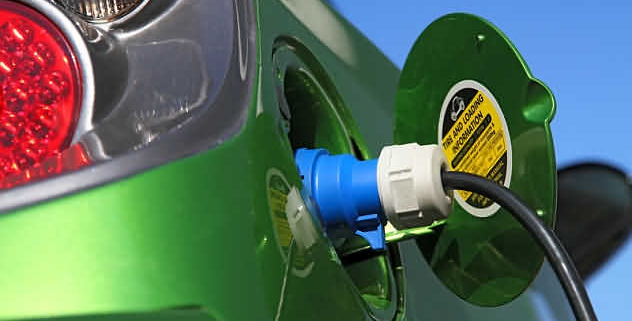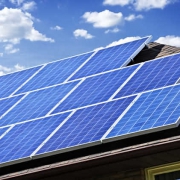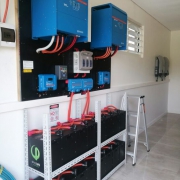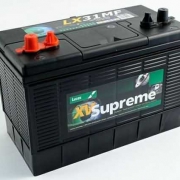EV Batteries: How Cheap Are They Really
EV Batteries
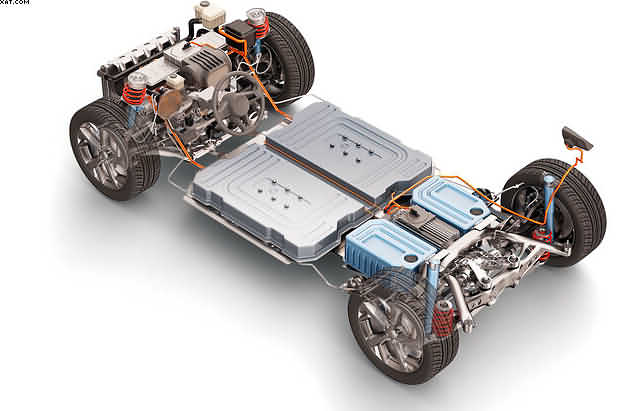
EV Batteries
I’m finding Chevy Volt replacement EV batteries online for about $2,300. $2,300/16 kWh = $144/kWh. Retail. On the GM Parts Store site, a replacement battery for the 2012 Chevy Volt is listed at $2,305.88.
EricRoberts‘s insight:
Why a replacement ev battery?
EV battery prices
This article shows the prices for the EV Batteries replacement but I was wondering why would need a replacement anyhow?
According this good and in-depth article, a replacement battery would cost $2000 or more, but why would you have to buy one? The old EV Batteries should be replaced free of charge if found to be faulty, like any other part of the car. Some of the European car makers, such as Renault, lease the batteries out when they sell an Electric Car, so I can only assume that the same warranty reasons will apply to them.
In my opinion, when the EV batteries will need replacing in a few years’ time, the technology that is carried out at the moment will have drastically reduced the battery prices by that time. All this new development will probably reduce the size of the batteries to a more realistic and affordable size. Johnson controls is developing a Lithium-Ion battery at the moment that is much smaller than its predecessors.
The only reason I can think of for an EV car to need new EV batteries is after an accident.
An accident is probably going to cause damage because of the size of the battery power train. This brings me to car insurance. Is the possible scenario of a crashed EV car requiring an expensive battery going to raise insurance premiums, or will the cost be spread amongst us all?
There is no doubt that the EV car will play a significant role in the future
of fuel-efficient cat technology, with batteries that can last for years due to the advent of silicon “Nano” battery technology and car manufacturers will keep up with these improvement trends.
The charging rates are also getting much better, with charging time expected to get down to as low as 15 minutes for an 80% charge but my money is still on Hydrogen cell technology. However, this is a good article and worth a click to read.
2024 prospective
Over the past ten years, there has been a lower trend in the price of electric car batteries, mostly because of improved production capacity, economies of scale, and technological breakthroughs. A brief overview of the variables driving these trends is provided below:
Technological Progress
Battery technology advancements have drastically lowered the cost per kilowatt-hour (kWh), thanks to the creation of more affordable cathode materials and improved production methods. These developments not only increase battery efficiency but also lower the quantity of pricey raw materials—like cobalt—necessary for manufacturing.
Scale Economies
Producers of electric cars (EVs) have increased output in response to growing consumer demand. Because of the larger purchases of materials and more effective manufacturing techniques, this production scale helps to save prices. Large-scale battery factories, sometimes called “gigafactories,” are essential for reducing prices because of their enormous capacity for production.
Governmental Rewards
Governments from all over the world are encouraging the electric car sector by offering incentives and subsidies to both producers and buyers. By lowering their total cost, these incentives help EVs and batteries become more affordable for a wider range of consumers.
Market Rivalry
As more companies enter the EV industry, competition has increased and driven down prices. Both established automakers and recent arrivals are making significant investments in battery technology, which will result in more affordable options.
Prospects for the Future
It is anticipated that battery prices would continue to decline, but at a slower pace. Prices may be impacted by supply limits for certain materials needed to produce EV batteries. Nonetheless, continued investigation into substitute materials and enhanced battery chemicals is expected to maintain the downward pressure on prices.
In conclusion, even if prices have been declining, future developments in supply chain dynamics, technology, and market conditions will all be critical factors. The use of electric vehicles (EVs) is anticipated to increase due to reduced costs and enhanced battery technologies, which will make EVs more competitive with conventional cars with internal combustion engines.
- Falken Safety Winter Tyres
- Audi A1 Brake Problems Solved
- Worn out vehicles failing MOT
- Polestar 2 Electric Car For New Tyres
- Bridgestone Tyre Safety
See on climatecrocks.com

